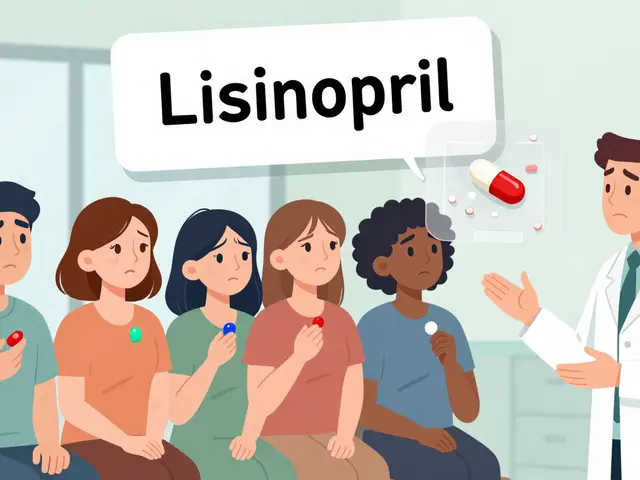Diuretics 2025: What They Do and How to Use Them Safely
Diuretics — often called water pills — help your body remove extra salt and water. In 2025 they’re still a main tool for treating high blood pressure, heart failure, and fluid build-up after surgery or illness. This page groups clear, practical advice so you can understand the types, pick up the safety basics, and know what to ask your doctor or pharmacist.
Types of diuretics and when they’re used
There are three common groups you’ll hear about: thiazide, loop, and potassium-sparing diuretics. Thiazides (like hydrochlorothiazide) are often first-line for mild to moderate high blood pressure. Loop diuretics (such as furosemide) remove large amounts of fluid fast and are used for heart failure or severe edema. Potassium-sparing drugs (like spironolactone) cut fluid loss but keep potassium levels higher, useful when low potassium is a problem. Less common types — carbonic anhydrase inhibitors and osmotic diuretics — are used for specific conditions, not routine blood pressure control.
Choosing the right type depends on why you need a diuretic, how well your kidneys work, and what other medicines you take. Your doctor should tailor the choice and dose to your situation, and adjust based on labs and symptoms.
Safety, side effects, and practical tips
Diuretics work well but can change your electrolytes and kidney function. Watch for signs like muscle cramps, weakness, dizziness, or very frequent urination. Low potassium and low sodium are common with some diuretics; high blood sugar or gout flare-ups can occur too. If you take lithium, ACE inhibitors/ARBs, or certain diabetes meds, tell your prescriber—these drugs can interact.
Simple habits lower risk: take diuretics earlier in the day to avoid nighttime bathroom trips, drink enough fluid so you don’t get dehydrated, and get blood tests for electrolytes and kidney function after starting or changing the dose. Don’t stop suddenly without medical advice — abrupt changes can hurt blood pressure or heart function.
If you buy medication online, use pharmacies that require a prescription, show clear contact details, and have a licensed pharmacist. Avoid sites that sell prescription drugs with no script, offer unusually low prices, or lack transparent shipping and return policies. When traveling, pack meds in original containers and bring a copy of the prescription.
Have questions about side effects, dose timing, or mixing supplements like potassium or magnesium? Ask your clinician. Small changes — a lab check, a dose tweak, or switching a diuretic type — often fix problems quickly and keep the medicine working for you.

Lasix is popular for treating hypertension and edema, but it isn't the only option. In 2025, various alternatives like Hydrochlorothiazide provide distinctive benefits, ranging from affordability to specific health advantages. The right choice depends on individual needs and conditions, making it vital to understand each alternative's pros and cons. Here, we break down the top six Lasix substitutes for an informed decision on your health journey.






